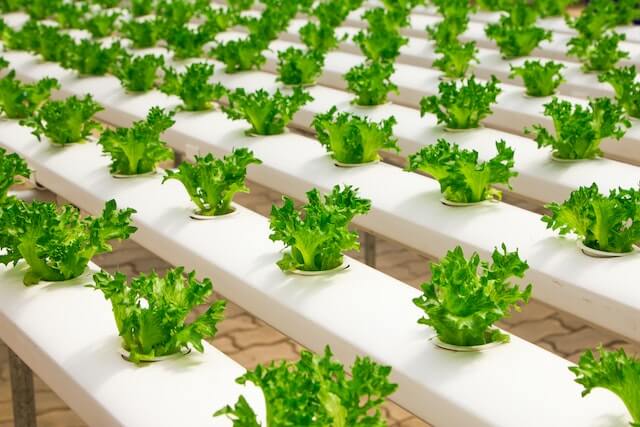
The Fertilizer Industry's Evolution: Transforming Farming for a Sustainable Future

The fertilizer industry, a cornerstone of modern agriculture, is on the brink of a transformation that promises to revolutionize farming practices worldwide. Traditional fertilizers have long played a vital role in boosting crop yields, but their widespread use has come at a cost to the environment, with issues such as nutrient runoff and greenhouse gas emissions. However, as the urgency of sustainability and climate change escalates, the fertilizer industry is undergoing significant changes to address these challenges. In this blog, we will explore the current shifts taking place in the fertilizer industry and how they are poised to change farming for a more sustainable and resilient future.
Challenges with Traditional Fertilizers
Traditional fertilizers, primarily composed of nitrogen, phosphorus, and potassium (NPK), have played a crucial role in the Green Revolution, increasing global food production. However, their overuse has led to several environmental issues, including:
-
Nutrient Runoff: Excess fertilizers can wash into water bodies, causing harmful algal blooms and dead zones, negatively impacting aquatic ecosystems.
-
Greenhouse Gas Emissions: The production and use of certain fertilizers release greenhouse gases like nitrous oxide, a potent contributor to climate change.
-
Soil Degradation: Overreliance on synthetic fertilizers can lead to soil degradation, reducing its fertility and biodiversity.
-
Energy Intensity: The production of synthetic fertilizers requires significant energy consumption, contributing to carbon emissions.
Current Changes in the Fertilizer Industry
-
Sustainable Fertilizer Formulations: Manufacturers are developing innovative, environmentally-friendly fertilizers with slow-release technologies and enhanced nutrient efficiency. These formulations reduce nutrient leaching, ensuring more nutrients are available to crops and minimizing their impact on the environment.
-
Biological and Organic Fertilizers: Bio-based and organic fertilizers, derived from natural sources like compost, manure, and microbial inoculants, are gaining popularity. These products improve soil health, enhance microbial activity, and minimize environmental harm.
-
Precision Agriculture and Smart Fertilization: Advancements in precision agriculture and data-driven farming techniques allow farmers to apply fertilizers more efficiently and precisely. By tailoring nutrient applications to specific crop needs, wastage is minimized, and productivity is optimized.
-
Nutrient Recycling: Initiatives for recycling organic waste and agricultural residues are emerging, converting them into valuable fertilizers through composting or bio-conversion processes.
-
Nitrogen Fixing Crops and Cover Crops: Encouraging the growth of nitrogen-fixing crops and cover crops helps to replenish soil nitrogen naturally, reducing the need for synthetic nitrogen fertilizers.
Impact on Farming Practices
The changes in the fertilizer industry are poised to reshape farming practices in several impactful ways:
-
Sustainable Intensification: With efficient and Eco-friendly fertilizers, farmers can achieve higher yields without compromising the environment, promoting sustainable intensification of agriculture.
-
Soil Health Improvement: The shift towards organic and bio-based fertilizers fosters soil health, enhancing its structure, water retention, and nutrient-holding capacity.
-
Reduced Environmental Footprint: By curbing nutrient runoff and greenhouse gas emissions, farming practices become more environmentally sustainable, preserving ecosystems and water resources.
-
Enhanced Resilience: Diverse and balanced nutrient inputs, coupled with precision agriculture, help crops withstand environmental stresses like drought, flooding, and extreme temperatures.
-
Circular Economy: Nutrient recycling and organic waste utilization close the loop on resource use, contributing to a more circular and regenerative agricultural system.
-
Profitability and Cost-Efficiency: While some innovative fertilizers may initially have higher upfront costs, long-term benefits in terms of improved soil health and reduced input dependency can enhance overall profitability for farmers.
The fertilizer industry's current changes are paving the way for a more sustainable and resilient future in agriculture. As farmers adopt Eco-friendly and precision-based fertilization practices, they contribute to reduced environmental impacts while maintaining or even increasing crop productivity. Embracing sustainable fertilizers, nutrient recycling, and precision agriculture not only safeguards the environment but also ensures the viability of farming for generations to come. As the industry continues to evolve, the collaborative efforts of farmers, researchers, and policymakers will drive the agricultural sector towards a greener, more sustainable horizon.
